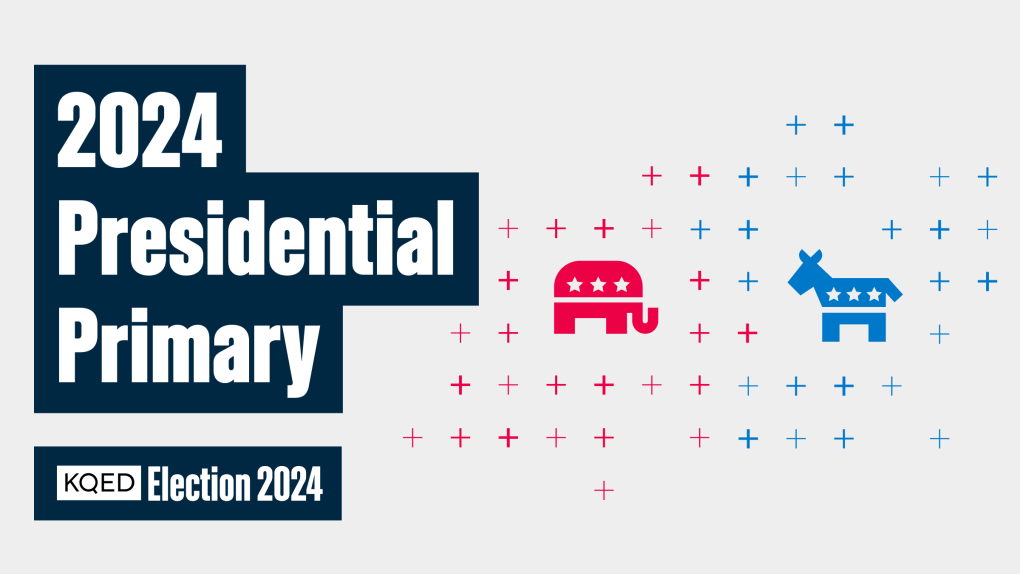Between 2018 and 2022, local revenue sources, such as general obligation bonds and special taxes, contributed about $200 million annually in funding for affordable housing (PDF). Of that, general obligation bonds made up 36% — making them the single largest source of local funding for housing.
Annie Fryman, director of special projects at the think tank and housing advocacy group, SPUR, said San Francisco, like many other big cities across the country, has a cyclical boom-and-bust style economy. Unlike many other revenue sources, which she said depend on that cycle’s whims, general obligation bonds offer a source of stability.
“If you fund affordable housing with a general obligation bond, that investment in affordable housing is not necessarily bound to that year’s budget deficit or budget surplus,” she said. “It allows nonprofit housing developers to have reliability about the amount of local money going into affordable housing.”
The rest of the city’s affordable housing funding comes from state and federal agencies, which provide a bevy of tax credits and competitive grant programs that can also vary in amount from year to year.
This year, as the state faced a nearly $40 billion budget shortfall, Gov. Gavin Newsom proposed cuts to affordable housing programs. Especially in times like these where state funding is uncertain, Fryman said it’s important to have access to steady, reliable funding.
But opponents like Larry Marso, a member of the San Francisco Republican County Central Committee, argue adding more dense housing for low-income people could fundamentally change the character of every San Francisco neighborhood. And, despite all the measures voters have approved over the past decade to fund affordable housing, he said the problem is as dire as ever.
“Our government has proven incompetent at managing the problems of homelessness, drug abuse and mental health on the streets, particularly in our highest-density neighborhoods,” Marso said. “Voting ‘No’ on Prop A is really the only opportunity San Francisco voters have to say, ‘We need to change the direction of housing policy.’”
Advocates for Proposition A say the housing built with funding from general obligations bonds takes years before tenants can move in. In 2015 — the first time in a decade that San Francisco residents voted on a general obligation bond for housing — officials promised it would create 1,568 homes and apartments. As of a 2023 city report (PDF), 1,015 of those homes have been built, while 553 remain under construction or are in the pre-development phase.
The 2019 general obligation bond proposed 2,770 new homes and apartments. According to an August report published by the city (PDF), most of those new units won’t be completed until 2028.
Fryman said to think of funding affordable housing like other kinds of infrastructure, which requires a constant stream of revenue to support it. In fact, over a decade ago, the city government started viewing deed-restricted affordable housing as a form of public infrastructure.
“Just think of the American freeway system or our public transit systems — there’s not one investment that’s made, and transportation is solved forever,” she said. “We need to constantly invest in affordable housing.”

